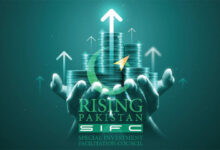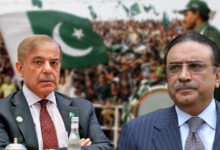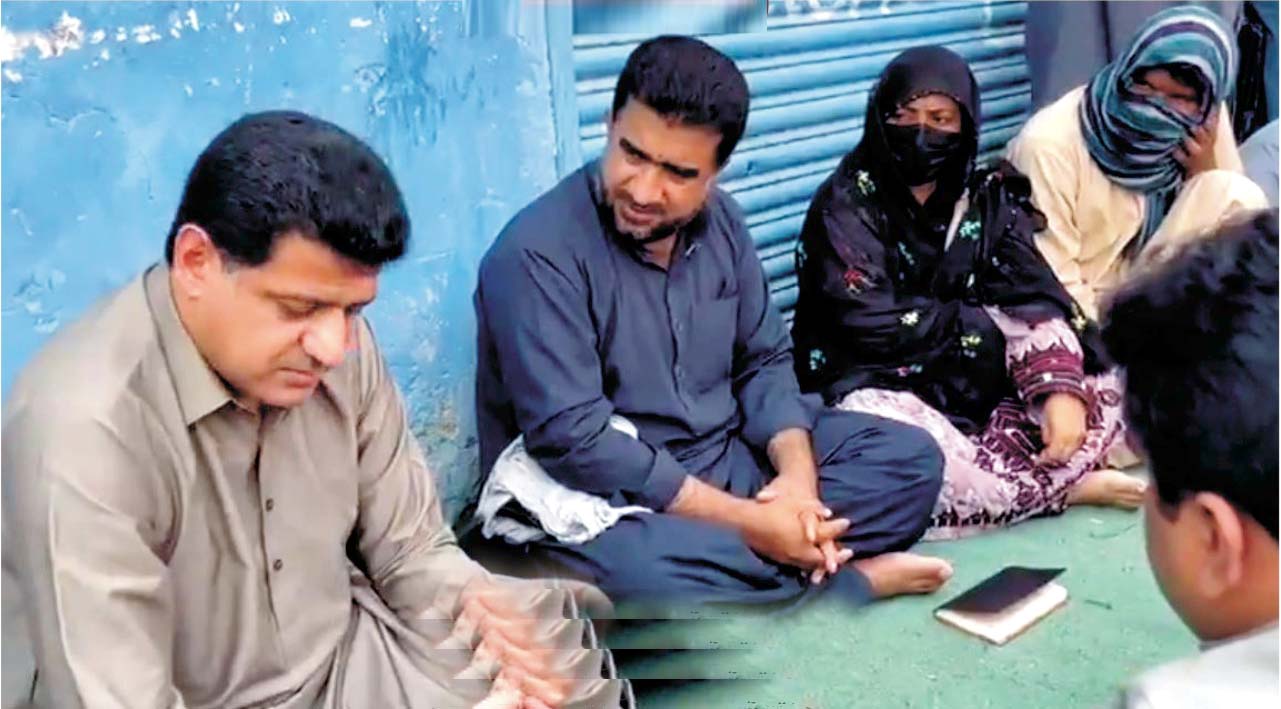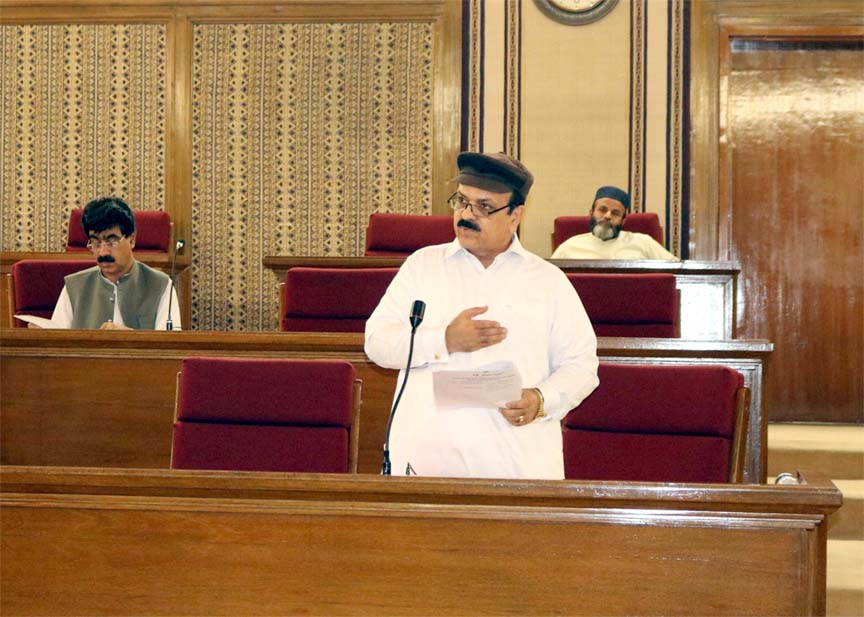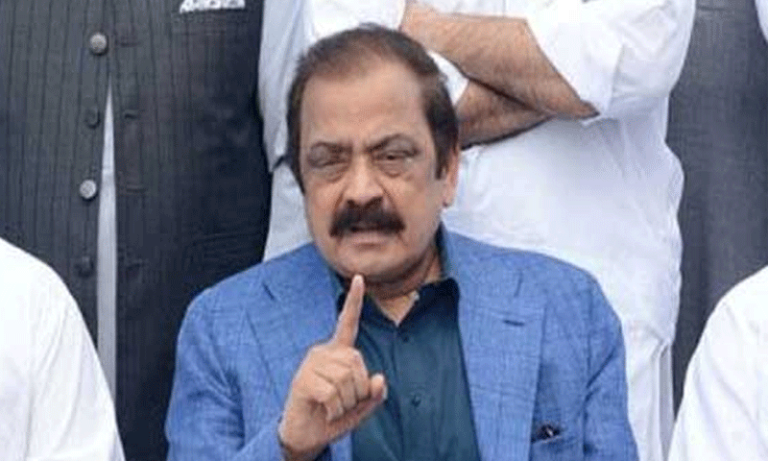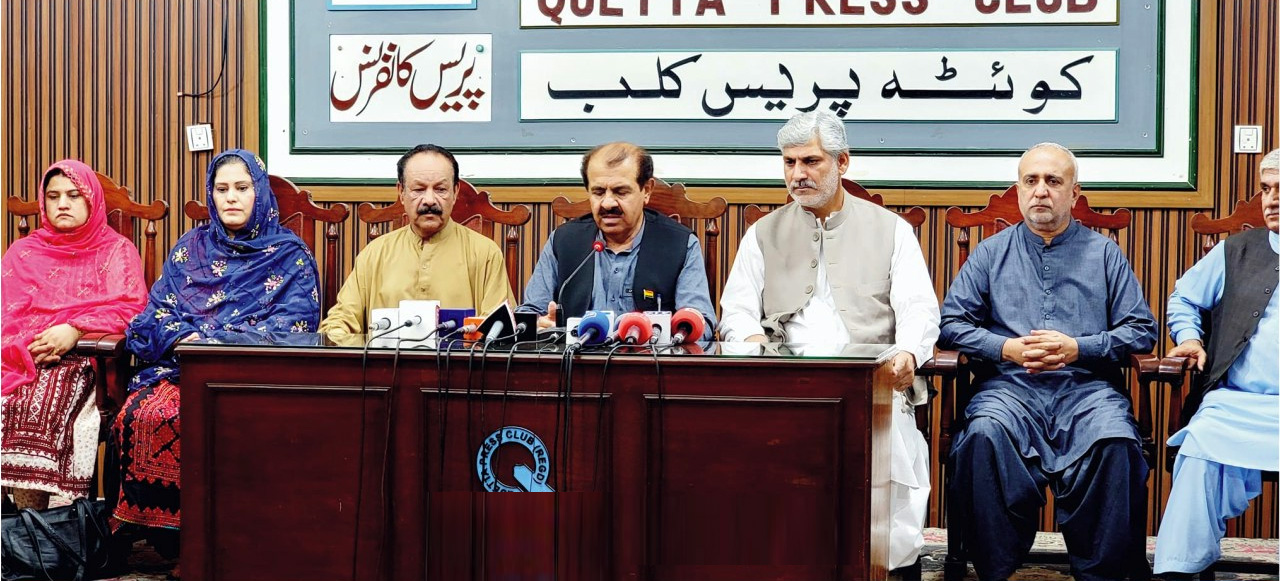Religious Scholars Urge Political Leadership to Avoid Protests, Emphasize National Harmony
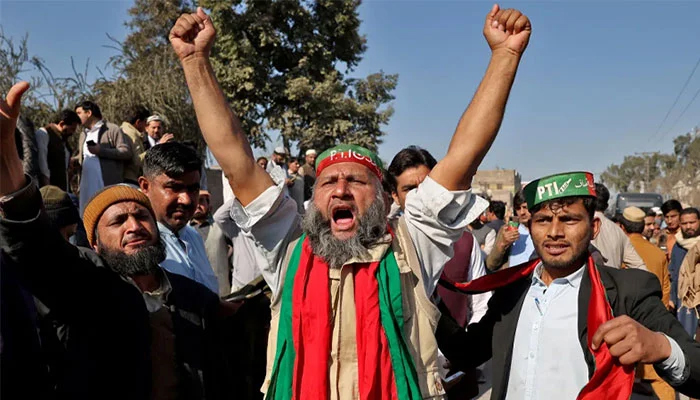
Lahore:Religious scholars from various sects have expressed concern over the ongoing politics of protests and sit-ins, urging political leadership to reconsider their approach for the sake of national stability and unity. The scholars believe that the politics of disruption is causing harm to the country and its people.
A meeting of the **All-Party Ulema Board** was held in Lahore under the chairmanship of **Maulana Asim Makhdum**. Prominent religious figures including **Allama Mohsin Golravi**, **Qari Khalid Mehmood**, **Agha Sagheer Abbas Work**, and **Allama Muhammad Badr** participated in the gathering. During the meeting, the scholars criticized the ongoing political unrest and called for dialogue and reconciliation instead of confrontation.
The scholars pointed out that if **Imran Khan**, the founder of **PTI**, could sit and negotiate with **Maulana Fazlur Rehman**, there should be no issue in engaging with the current government as well. They emphasized that the priority should be the well-being of the nation, as opposed to political gamesmanship.
They also raised concerns about the situation in **Parachinar**, where violence has led to the loss of lives. “There are bodies lying in Parachinar, but the political leadership is more concerned with protecting its own political interests,” the scholars remarked.
Meanwhile, the **PTI** protest convoy, led by **Imran Khan’s wife Bushra Bibi** and **Khyber Pakhtunkhwa Chief Minister Ali Amin Gandapur**, reached **Ghazi Brotha** after departing from **Peshawar**. In response to the protest, the government has taken precautionary measures by closing off access to Islamabad, blocking major routes and placing containers along the roads leading to the capital.
**PTI** leaders have claimed that **490 party workers and leaders** have been arrested in various cities of **Punjab**, with **100 individuals reported missing**.
The religious leaders’ call for unity and peace reflects a growing concern about the long-term consequences of political protests on the social and economic stability of the country.
